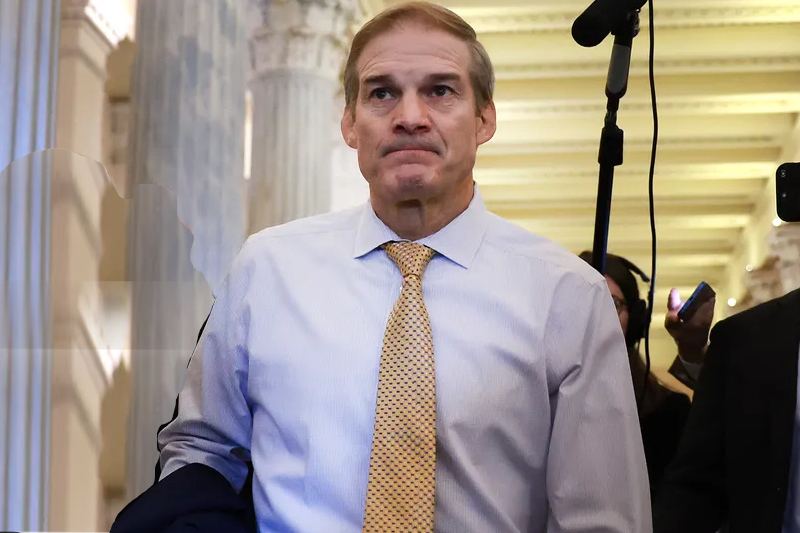
US House Speaker Election Could Get Longer Than Expected – Here’s All We Know
Last updated on October 19th, 2023 at 03:59 am
Ohio Republican Jim Jordan faced strong opposition to his House speakership bid on Tuesday as 20 GOP lawmakers voted against him on a first ballot.
He will need to flip at least 16 Republicans to grab the top spot, as Democrats are certain to continue supporting their own nominee, Hakeem Jeffries of New York.
Republicans currently control the House of Representatives 221-212. Lawmakers are expected to come back for a second round of voting on Wednesday.
Ascending To One Of Most Powerful Positions In Government
The ongoing speaker’s election is unlike any other following the abrupt removal of Kevin McCarthy of California from the post after just nine months on the job.
Normally, the speaker – considered one of the most powerful positions in government, second in line to the presidency – is elected every two years in January.
On Tuesday, once the House was in a quorum, each party nominated its candidate for speaker. While Republicans nominated Jordan, Democrats chose to back Jeffries.
McCarthy Had Won The Gavel On The 15th Attempt
It takes a simple majority of the votes from House members who are present and voting to elect a speaker. The House will vote as many times as necessary until someone wins.
During Tuesday’s vote, there were 432 lawmakers in attendance. With two House seats currently vacant, Jordan or any other Republican candidate needs 217 votes to win.
The multiple rounds of voting for speaker highlights the protracted struggle in January when McCarthy won the gavel on the 15th attempt after five excruciating days.
Who Is Steve Scalise?
Last week, Steve Scalise of Louisiana first won his colleagues’ nomination for speaker. Jordan, who came in second, said he would back his nomination when it came to the floor.
Jordan also urged the rest of the conference to support Scalise. But more than a dozen Republicans refused, leading Scalise to withdraw a day later.
Nonetheless, the Donald Trump-backed Jim Jordan still faces opposition from some members of the conference who doubt his ability to unify and lead.




